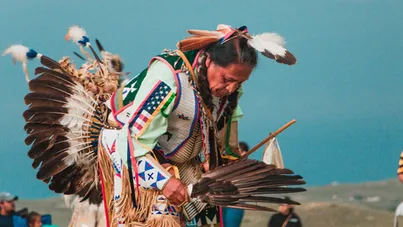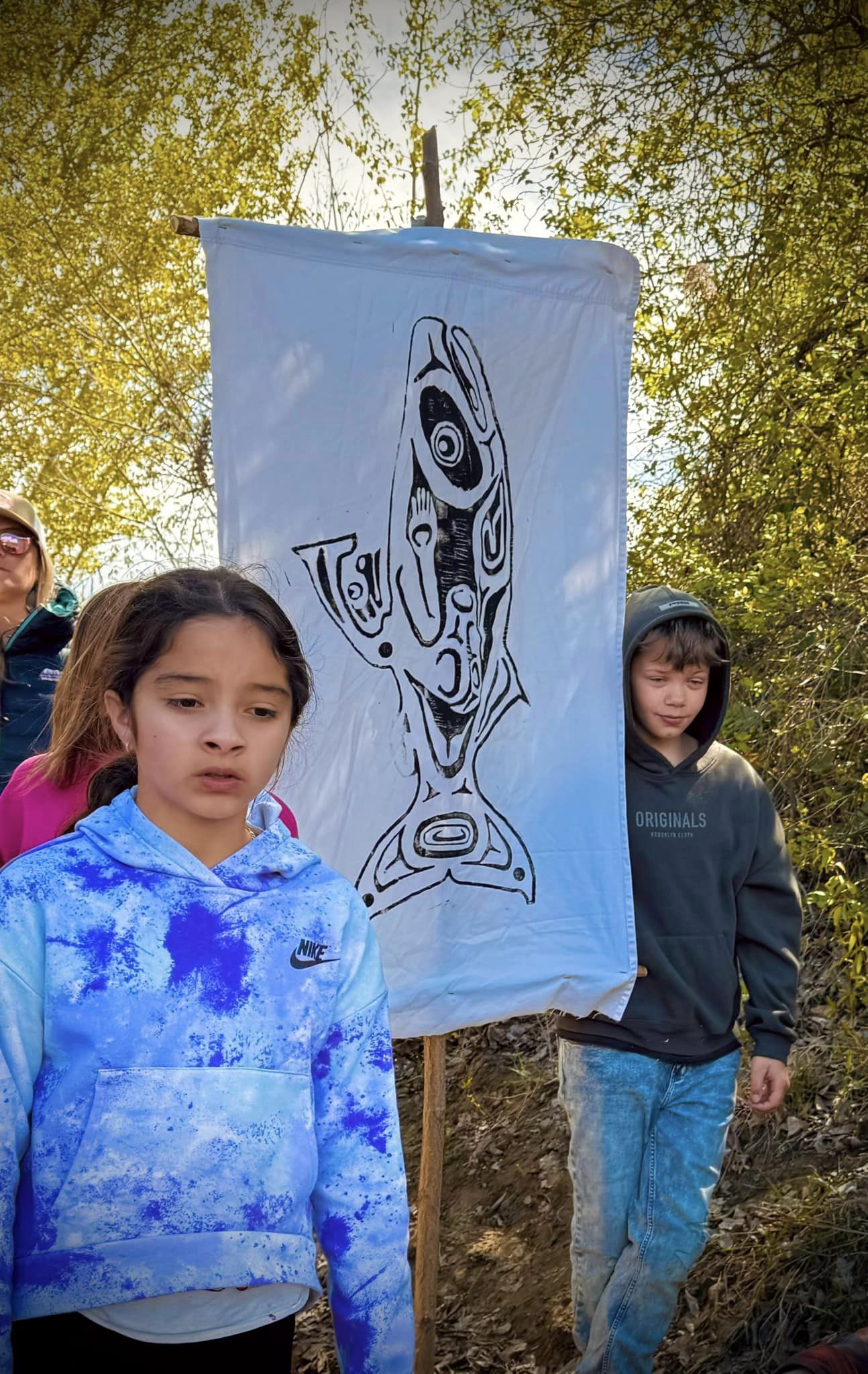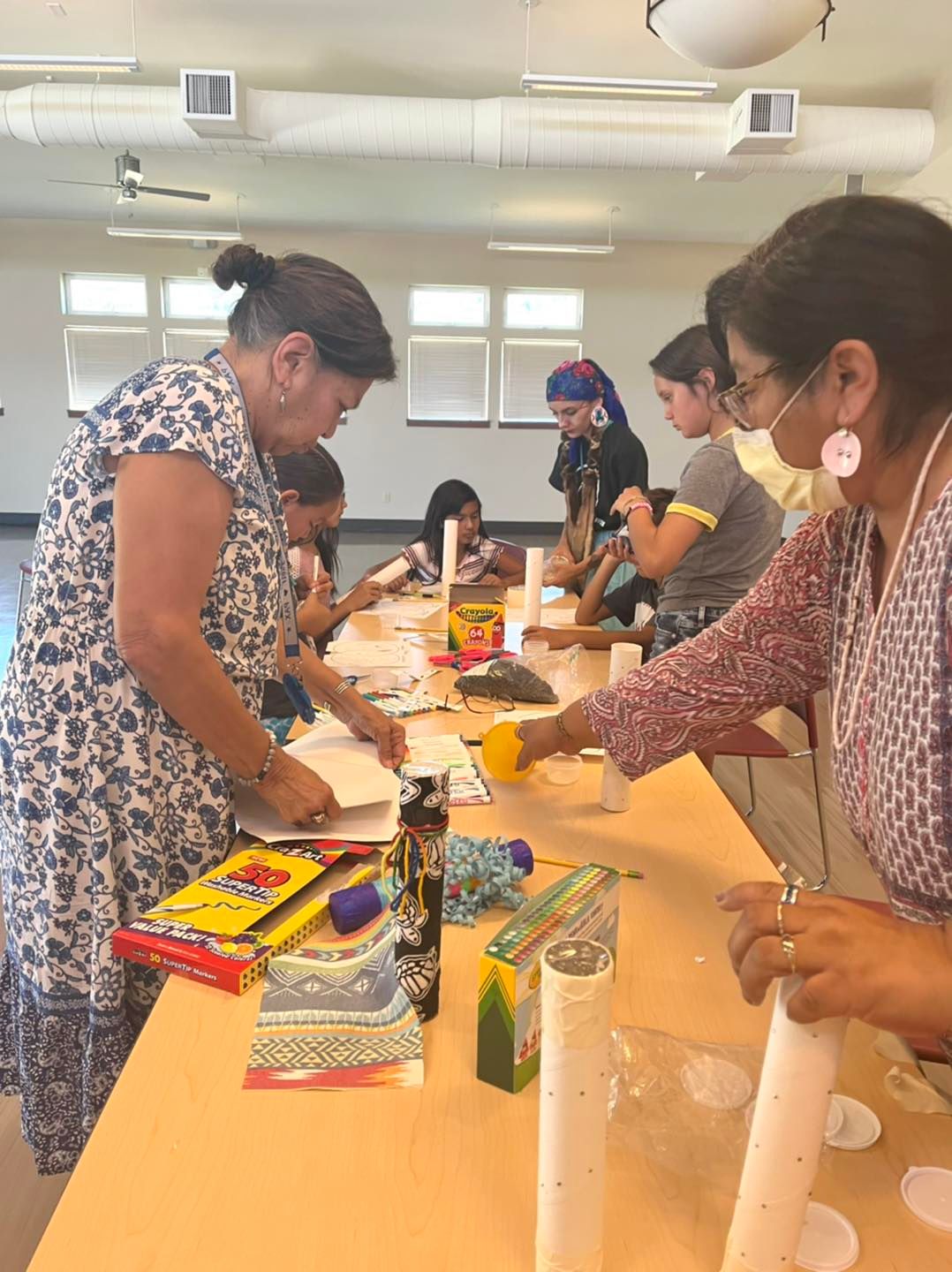What is a Land Acknowledgement?
A land acknowledgement is a formal statement that recognizes and respects the Indigenous peoples who are the traditional stewards of a specific area. These statements are typically made at the beginning of events, gatherings, or in organizational contexts. They serve to:
- Identify the specific Indigenous nations or tribes connected to the land
- Recognize the historical and ongoing relationship between these peoples and their ancestral territories
- Often include a commitment to fostering relationships with Indigenous communities
Why are Land Acknowledgements Important?
Land acknowledgements play a crucial role in promoting awareness, respect, and reconciliation. Here’s why they matter:
- Affirm Indigenous Sovereignty
- Recognize the enduring presence and rights of Indigenous peoples
- Acknowledge that many lands were never ceded or formally given up
- Honor Historical Truth
- Remind us of the often painful history of colonization and displacement
- Encourage reflection on historical injustices and their ongoing impacts
- Demonstrate Cultural Respect
- Show respect for Indigenous cultures, traditions, and knowledge systems
- Honor the deep connections between Indigenous peoples and their lands
- Educate and Raise Awareness
- Provide opportunities to learn about local Indigenous history and contemporary issues
- Encourage further exploration of Indigenous cultures and perspectives
- Promote Reconciliation
- Signal a commitment to building positive relationships with Indigenous communities
- Can lead to meaningful engagement and support for Indigenous-led initiatives
- Foster Inclusivity
- Create a more welcoming and respectful environment for Indigenous individuals
- Demonstrate an organization’s commitment to cultural sensitivity and inclusion
Moving Beyond Words
While land acknowledgements are an important step, they should be part of a broader commitment to Indigenous rights and reconciliation. Consider these actions:
- Learn about the Indigenous peoples of your area
- Support Indigenous-led organizations and initiatives
- Advocate for Indigenous rights and issues
- Incorporate Indigenous perspectives in decision-making processes
By understanding and practicing meaningful land acknowledgements, we take a small but significant step toward addressing historical injustices, promoting cultural awareness, and building positive relationships with Indigenous communities.









